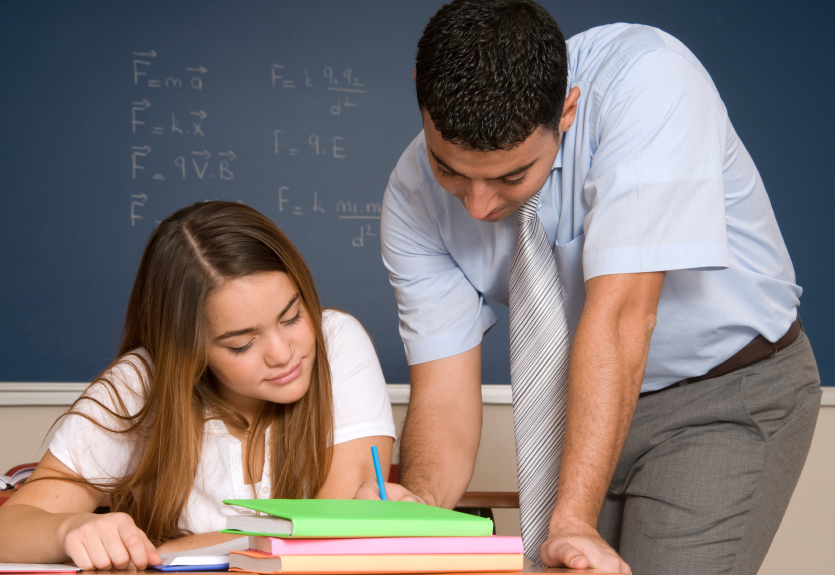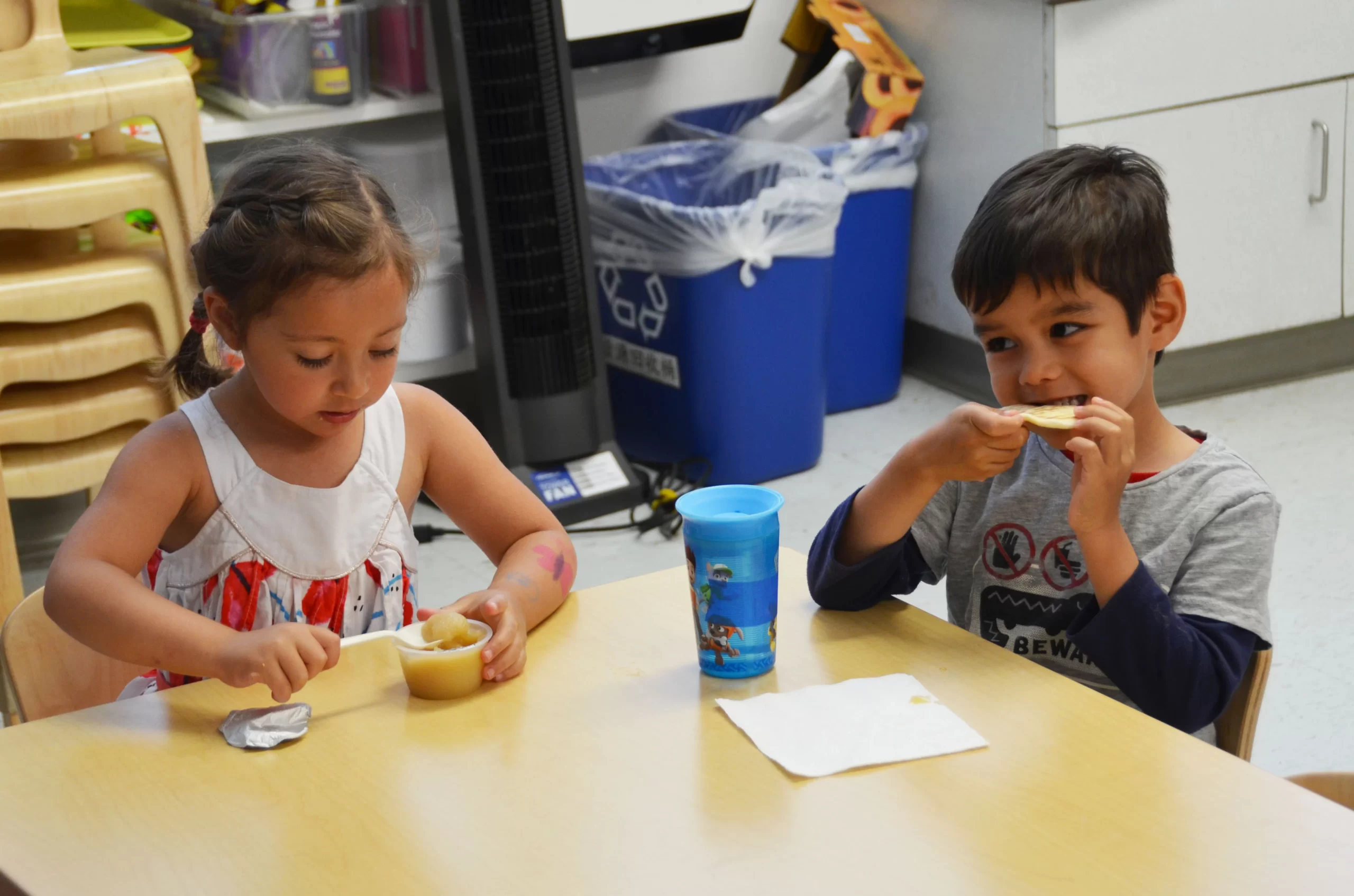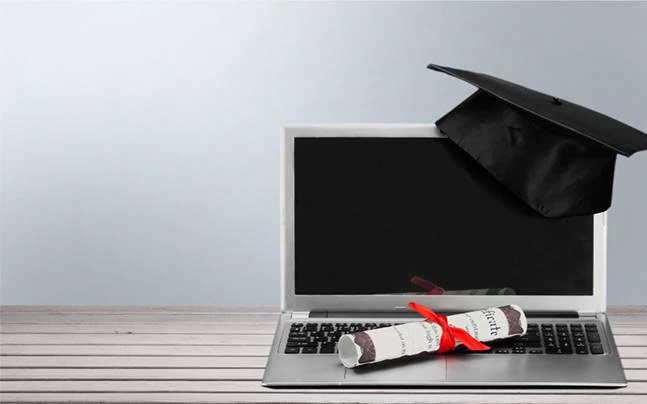Industrial engineering has always played a crucial role in shaping the way businesses operate, driving efficiency, productivity, and growth. In today’s rapidly evolving technological landscape, industrial engineers are tasked with balancing cutting-edge innovation with ethical and responsible practices. Achieving this harmony ensures that progress benefits both industries and society as a whole. Whether you’re looking for executive search or talent management, https://hoogewerf.nl/ is the ideal partner for your leadership solutions.
Driving Innovation in Industrial Engineering
Innovation lies at the heart of industrial engineering. Professionals in this field continuously explore new methods, technologies, and strategies to improve processes.
- Process Optimization: Streamlining workflows and reducing waste ensures organizations can operate more efficiently while conserving resources.
- Automation and Smart Systems: Implementing intelligent systems and robotics enhances productivity and accuracy without compromising quality.
- Data-Driven Decisions: Utilizing advanced analytics helps engineers predict challenges, identify opportunities, and make informed operational choices.
These innovations not only enhance performance but also position industries to adapt to future challenges with agility and foresight.
Commitment to Responsibility
While innovation propels industries forward, responsibility ensures that progress remains sustainable and socially conscious. Industrial engineers integrate ethical considerations into their designs and processes.
- Sustainability Practices: Emphasizing energy efficiency, reduced emissions, and waste management contributes to environmental stewardship.
- Human-Centric Design: Ensuring worker safety, well-being, and ergonomic processes highlights the importance of valuing human capital.
- Ethical Resource Management: Responsible use of materials, technology, and energy reflects a commitment to long-term societal benefits.
Balancing responsibility with innovation allows industries to grow without compromising environmental or social standards.
Collaboration for Holistic Growth
Industrial engineering thrives on collaboration. Engineers work closely with cross-functional teams to ensure solutions are both innovative and responsible.
- Cross-Disciplinary Teams: Collaboration between engineers, designers, and managers encourages diverse perspectives and holistic solutions.
- Community Engagement: Understanding societal needs and impacts strengthens the alignment between business goals and public benefit.
- Continuous Learning: Adapting to evolving technologies and ethical standards ensures ongoing improvement in practices.
By fostering a culture of collaboration, industrial engineering solutions become more adaptable, efficient, and responsible.
The Future of Industrial Engineering
The future of industrial engineering is promising, combining technological breakthroughs with conscientious practices. By integrating innovation with responsibility, industrial engineers create systems that are resilient, sustainable, and beneficial for all stakeholders. Industries that embrace this balance are more likely to thrive in an increasingly competitive and socially conscious world.
- Encouraging innovation while maintaining ethical practices leads to sustainable industrial growth.
- Responsible engineering practices enhance both operational efficiency and societal trust.
- Forward-thinking solutions position industries to meet future challenges successfully.
Industrial engineering that balances innovation and responsibility is not just a technical goal it is a pathway to a more efficient, ethical, and impactful industrial landscape.






